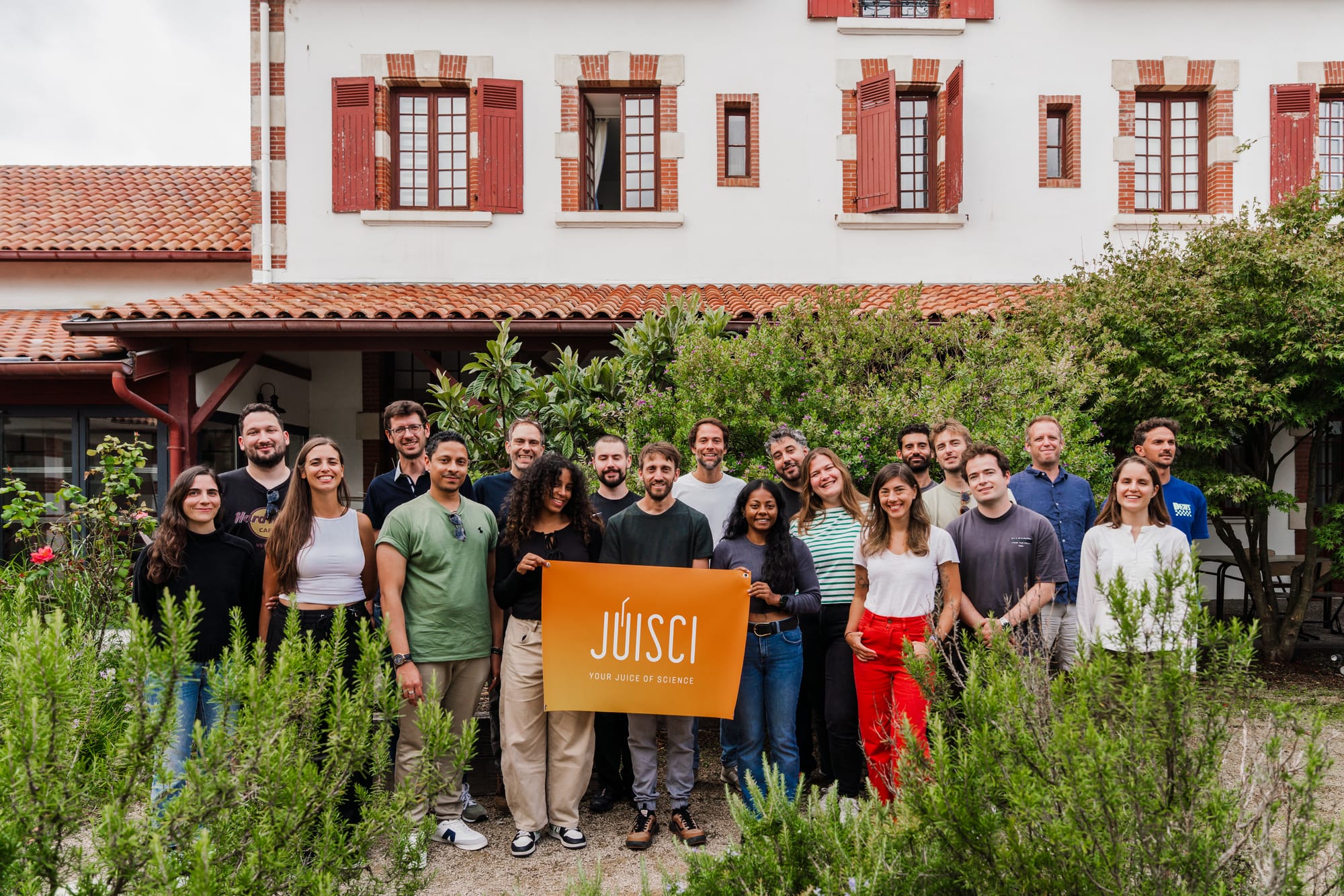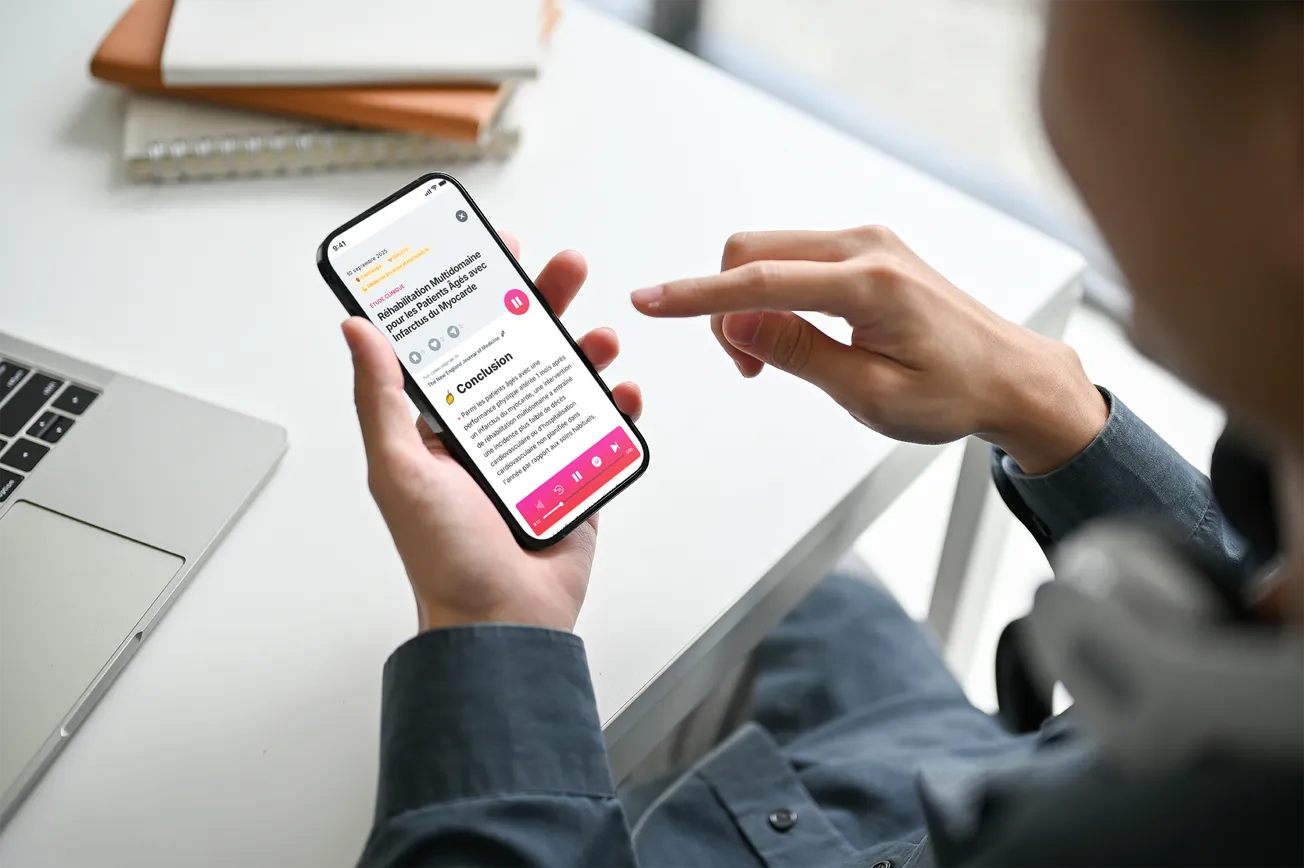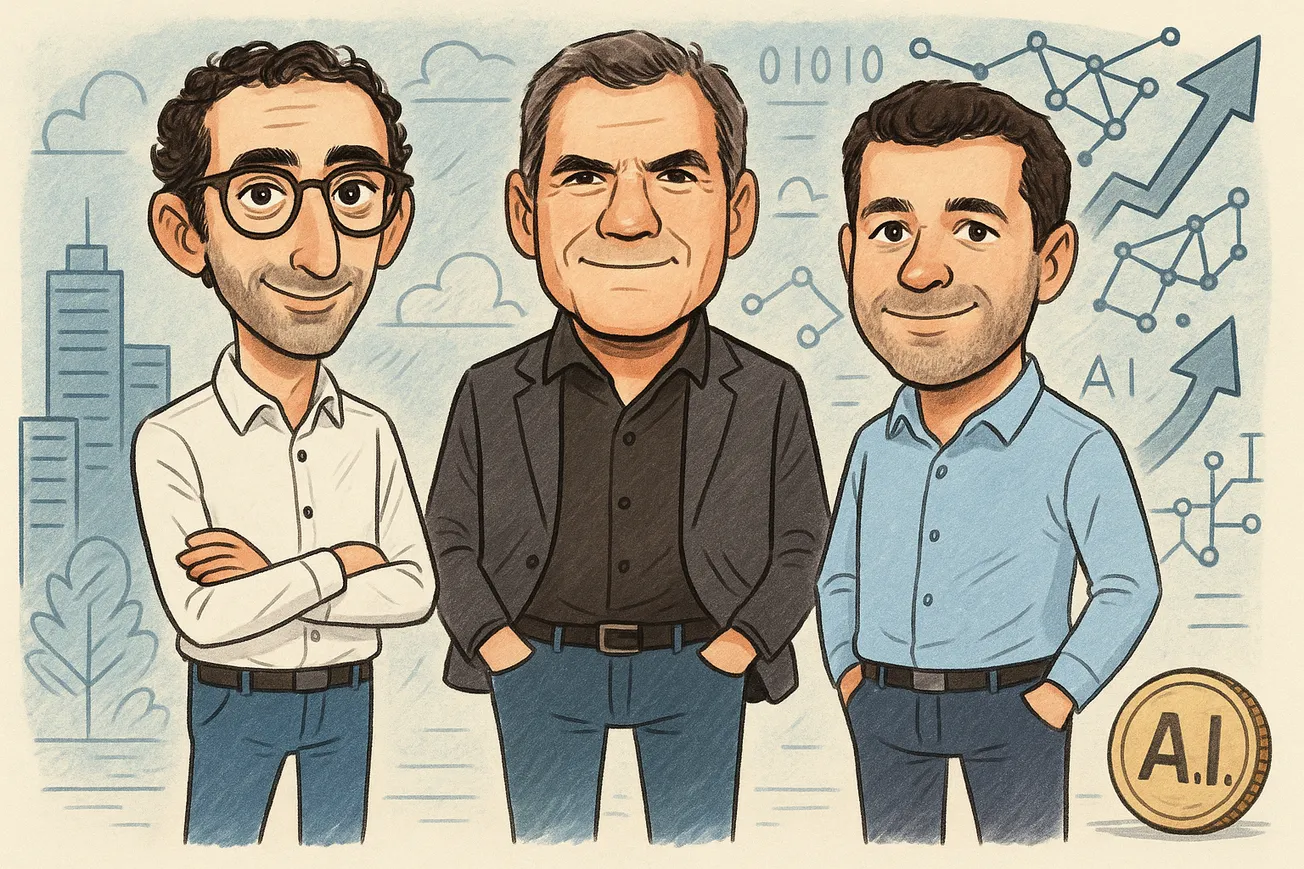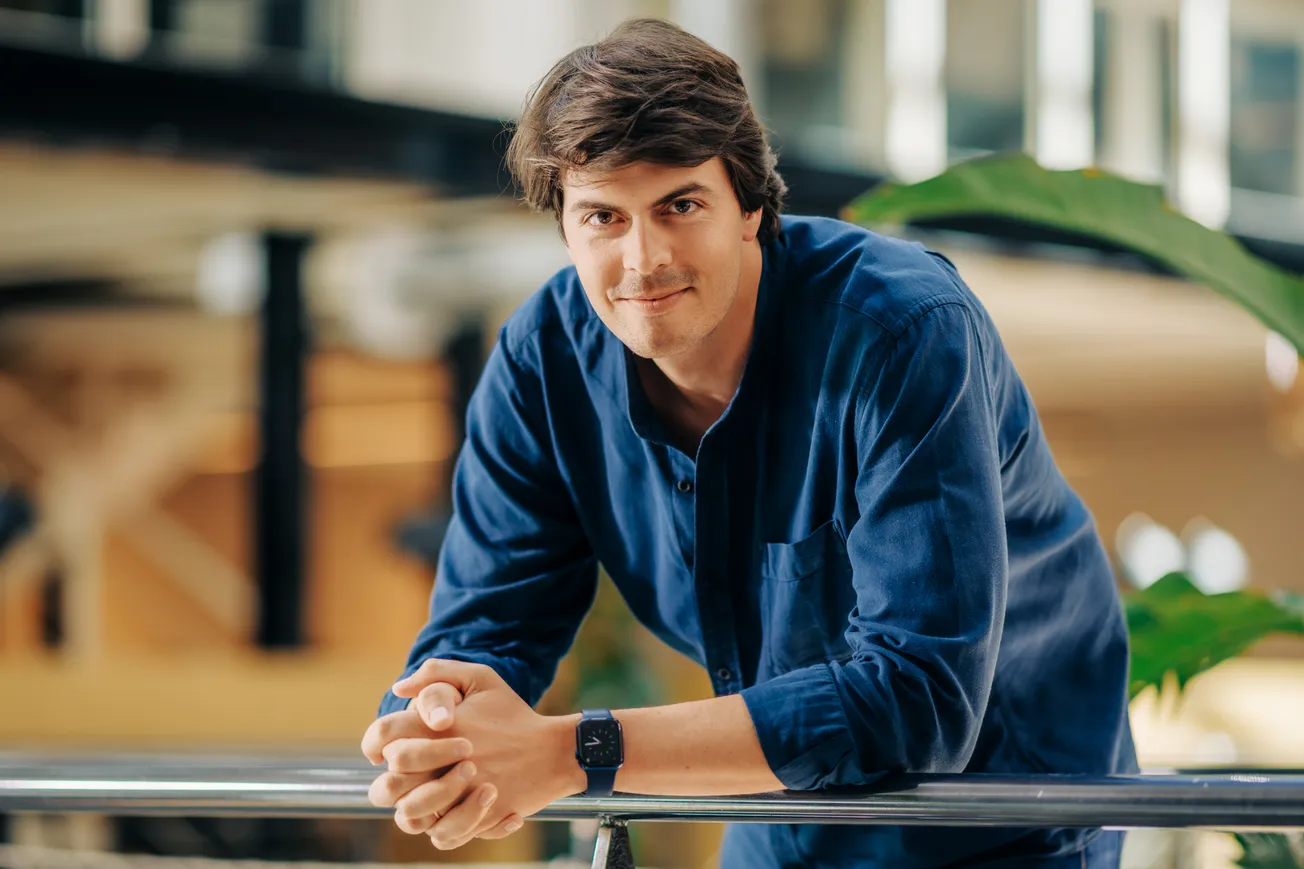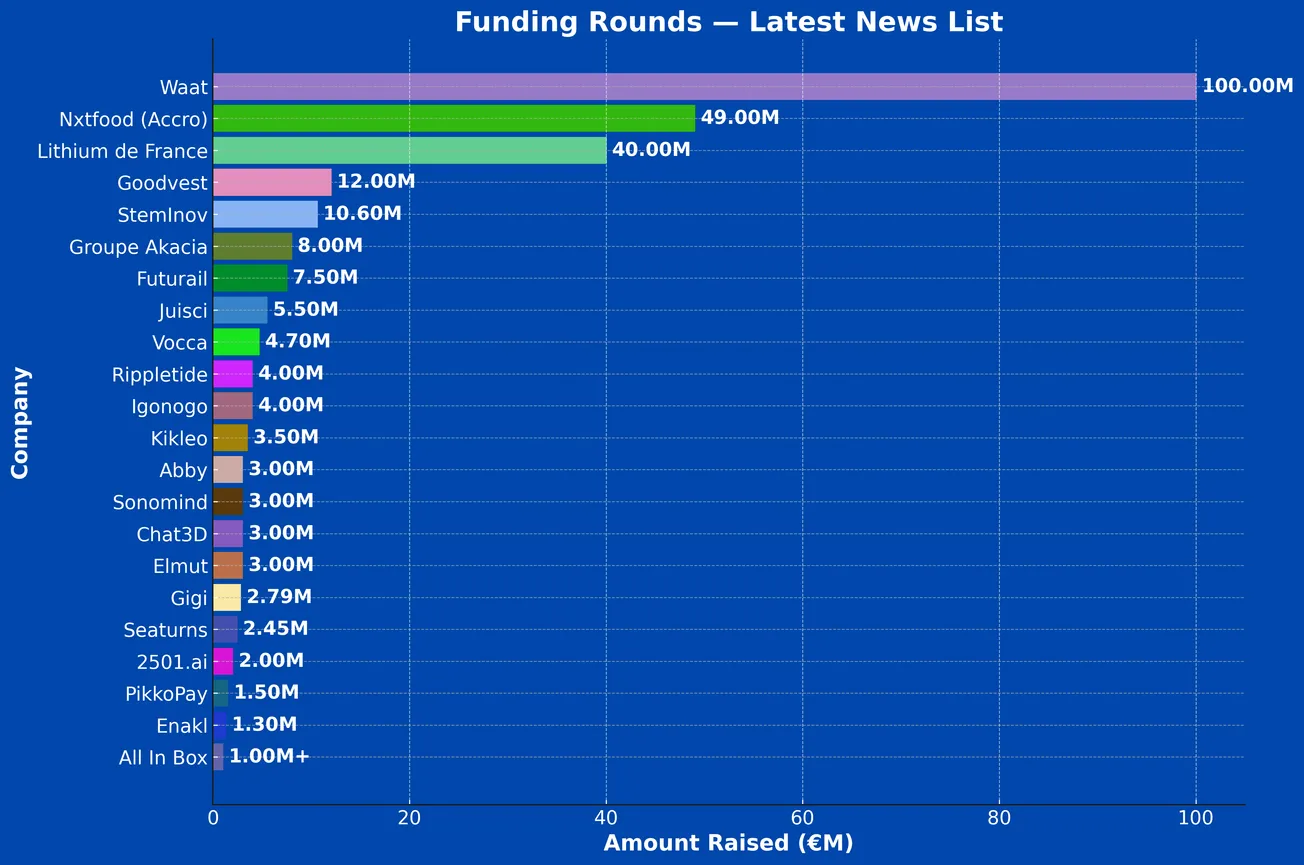When the Covid pandemic first hit, while holed up in his New York apartment, cardiologist Dr David Luu found himself desperately trying to keep up with the torrent of new scientific studies about the virus.
Each day brought dozens of fresh papers on PubMed, many running to 15 dense pages. Luu began summarizing and posting them on Twitter, crowdsourcing insights from colleagues around the world.
That experience became the seed of Juisci, a Paris-based startup that today helps over 200,000 healthcare professionals in 60 countries get straight to the core of the latest medical research. The platform ingests thousands of peer-reviewed studies each week, then uses its proprietary AI to select, summarize, and recommend the most relevant findings to the user.
Juisci recently announced a €5.5 million round led by Ring Capital with Athens-based Big Pi Ventures and Bpifrance to strengthen its R&D and push into the U.S. market.
“Cardiologists need to read about three papers a day just to stay current; oncologists, closer to six,” said CEO and co-founder Robin Roumengas. “That’s not sustainable. We give them the key points, link back to the original source, and save them hours every week.”
Your daily “juice” of science
Founded in 2021 at the height of the pandemic, Juisci is short for “your juice of science.” The company’s mission: to help doctors and scientists stay up to speed at a time when medical knowledge is doubling every 73 days.
Its mobile app, inspired by Spotify, offers curated “playlists” of scientific discoveries. Ten-page studies can be transformed into short videos, audio snippets, or shareable summaries, making them easier to digest between patients or during commutes.
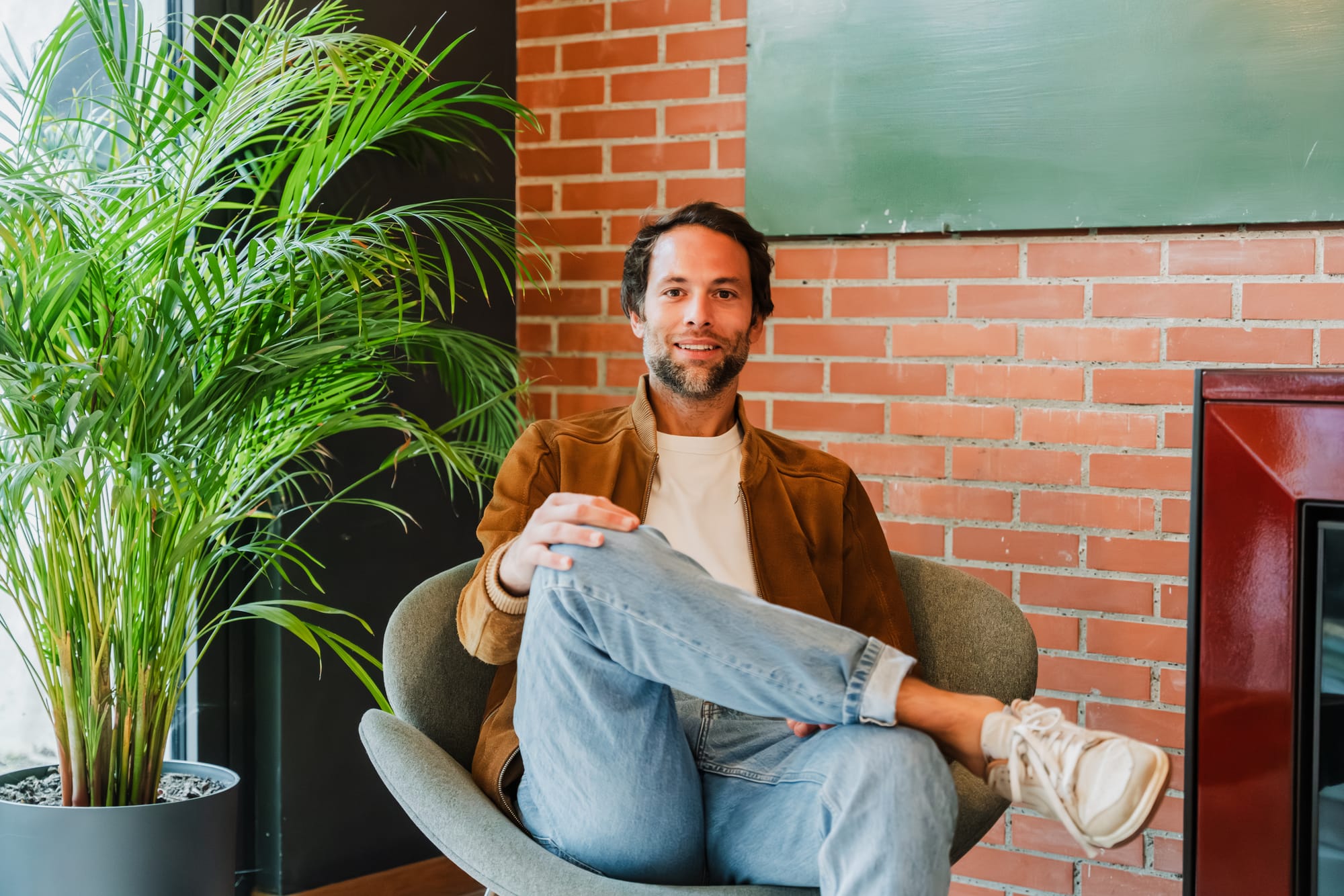
Roumengas, who studied healthcare at ESSEC and co-founded the patient review platform CareVoice in Shanghai, joined forces with Luu to launch Juisci.
They were later joined by a third co-founder, Tugdale de Kerviler, who provided the technical backbone as CTO. Together, they represent a mix of medical, business, and tech DNA.
Since its launch, Juisci has grown into a team of 30 with partnerships across Europe. Its customer base spans hospitals, medical associations, and pharmaceutical companies.
About half of its clients are healthcare providers such as Dijon University Hospital and the French Academy of Surgery. The other half are pharma and life sciences firms like Sanofi, Takeda, and Johnson & Johnson. Even L’Oréal and Royal Canin use Juisci to strengthen internal scientific communication and engage dermatologists or veterinary specialists.
In total, more than 30 institutional clients now rely on the platform. Juisci’s app is available in ten languages and covers 20 medical specialties. According to the company, it saves professionals an average of eight hours per week, while boosting scientific engagement.
Fighting misinformation with safeguards
But if AI is notorious for “hallucinating,” how can doctors trust Juisci’s summaries? Roumengas acknowledges the challenge and points to the company’s multilayered safeguards.
Juisci has built the "Juisci Index," a scoring system based on ten criteria validated by the international medical community, including impact factor, citation count, and journal reputation. The AI uses this index to filter and prioritize studies, ensuring only the most reliable content is selected. A team of six medical experts then performs additional quality checks.
“It’s not about giving doctors an ocean of content,” Roumengas explained. “It’s about giving them exactly what they need: trustworthy, relevant, and concise.”
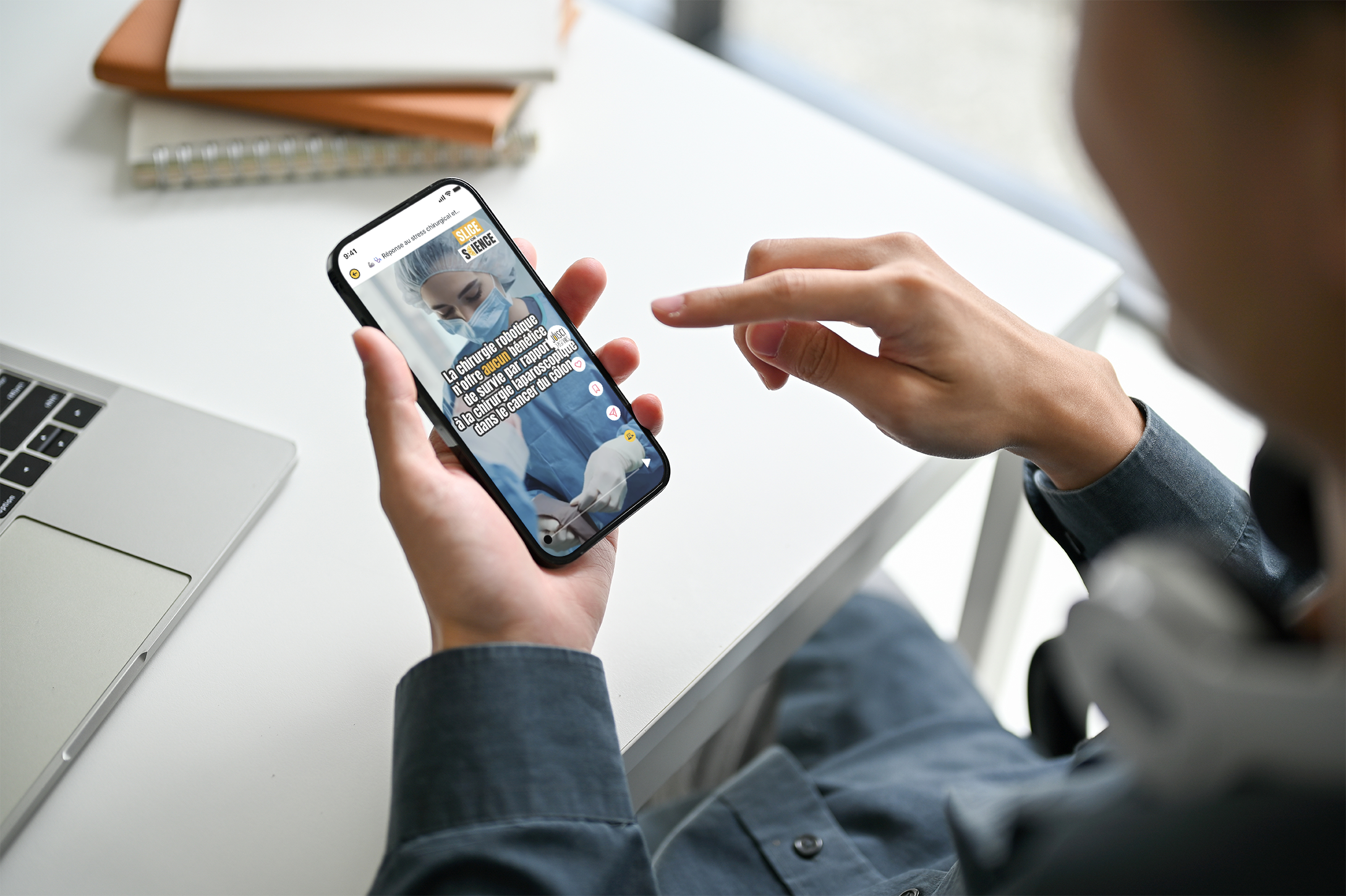
Business model and traction
Juisci follows a B2B model, selling licenses to hospitals, associations, and life sciences companies that want to keep their teams updated and improve scientific communication. For pharma firms, Juisci also offers a way to engage doctors beyond traditional sales pitches.
“Commercial speech doesn’t work anymore,” said Roumengas. “Science does.”
The app itself is free to download for individual practitioners, with additional private rooms and customization features available for paying organizations. These rooms allow teams to receive personalized research feeds, share updates, and even organize webinars.
The approach is resonating. After a €100,000 pre-seed round in 2022, Juisci rolled out its NLP algorithms and launched an alpha version. By 2025, it had grown to 200,000 users and dozens of enterprise clients. The new €5.5 million injection will fuel expansion into the U.S., LATAM, and Southeast Asia, with an American office on the roadmap.
What’s next
Looking ahead, Juisci plans to develop Juisci GPT, a safe, specialized chatbot trained on peer-reviewed literature. Users will be able to ask questions in natural language and receive precise, referenced answers – no hallucinations, just evidence-based recommendations.
Roumengas sees this as part of a broader paradigm shift: “Large language models like ChatGPT or Claude are powerful, but they need hard references. This is a huge opportunity for science to get its publications seen and used in real time.”
In three years, Juisci expects to raise another round, likely from a U.S. fund, to consolidate its American expansion. In the meantime, Roumengas remains focused on the company’s societal impact: fighting disinformation, democratizing access to medical knowledge, and ensuring that practitioners worldwide — from Paris to Nairobi — can keep pace with the rapid evolution of science.
“Our ambition is simple,” he said. “To be the trusted daily companion for healthcare professionals, anywhere in the world.”
